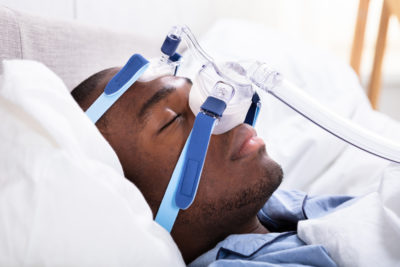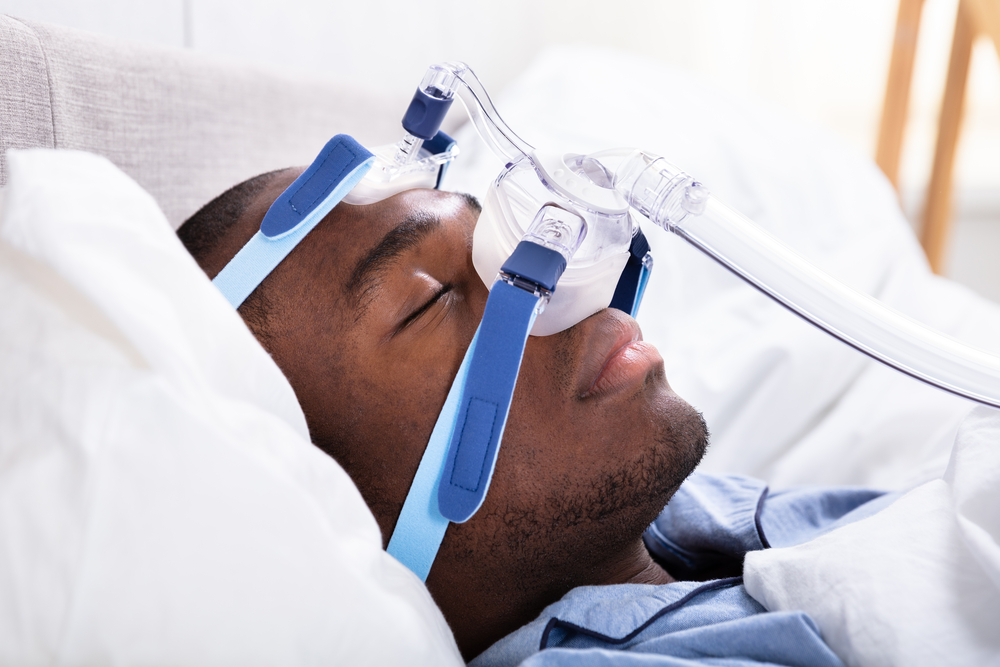Sleep is so important, and yet it’s also something people tend to let slip by them. Not getting enough sleep every night can affect your day-to-day life in significant ways. It lowers your performance levels and can be equivalent to being slightly drunk. Driving in a state like that would not be recommended, let alone doing the highly specific tasks you may have to do in the day.
Sometimes, it’s not just our bad habits that stop us from getting sleep. You may have a sleep disorder. Read this article to find out what a sleep disorder is, and how you can get treatments to help you sleep better.
Symptoms of a Sleep Disorder
If you’re having difficulty sleeping, you might not know if it’s just because you need to buy a new mattress, or if there is something physically preventing you from resting well. Common symptoms of a true sleep disorder will include:
- Consistent loud snoring
- Headaches upon waking up
- Mood swings
- Irritability
- Issues staying awake during the day
- Waking up through the night
- Waking up without being able to go back to sleep
- Frequent yawning
Everyone may feel some of these occasionally. But if you experience many of these symptoms constantly, you may have a serious sleep disorder.
Types of Sleep Disorders
There are several kinds of sleep disorders that you should be aware of, especially if you think you have one. Like many other disorders, there are several kinds of sleep disorders you can have, and each one may need different treatments.
 Here are some sleep disorders you could have:
Here are some sleep disorders you could have:
- Sleep Apnea: Sleep apnea occurs when you have abnormal breathing patterns as you sleep.
- Restless Legs Syndrome: This disorder causes extra movement during sleep, mainly uncomfortable pangs or aches in your leg that cause them to move. This often disrupts sleep.
- Narcolepsy: With this disorder, you may feel sleepy all the time or have the sudden uncontrollable urge to sleep at inappropriate times.
- Insomnia: This disorder occurs when you cannot get to or stay asleep. Insomnia can get worse over time.
To find out what sleep disorder you’re suffering from, you need to find a specialist in your area that can perform a sleep study on you. This will require the specialist to observe you sleeping for one or more nights. The room will be comfortable and EEG monitors will monitor your brain while you rest.
After the study, a treatment plan can be created for you. The exact treatment will be based on the kind of sleep issues you’re having. Like if you have sleep apnea, you may be given a breathing device that will help you breathe easier in the night.
Getting the Sleep You Need
Sleep is a vital part of life. It affects how your brain restores the body, how you process information, and how you effectively store memories. If your sleep is being interrupted by a sleep disorder, schedule an appointment with our office to get diagnosed by Dr. Habib Khan. Figuring out what sleep disorder you have can be the first step in understanding how to get you back to sleeping peacefully and getting the rest you need.
Sleep well!



